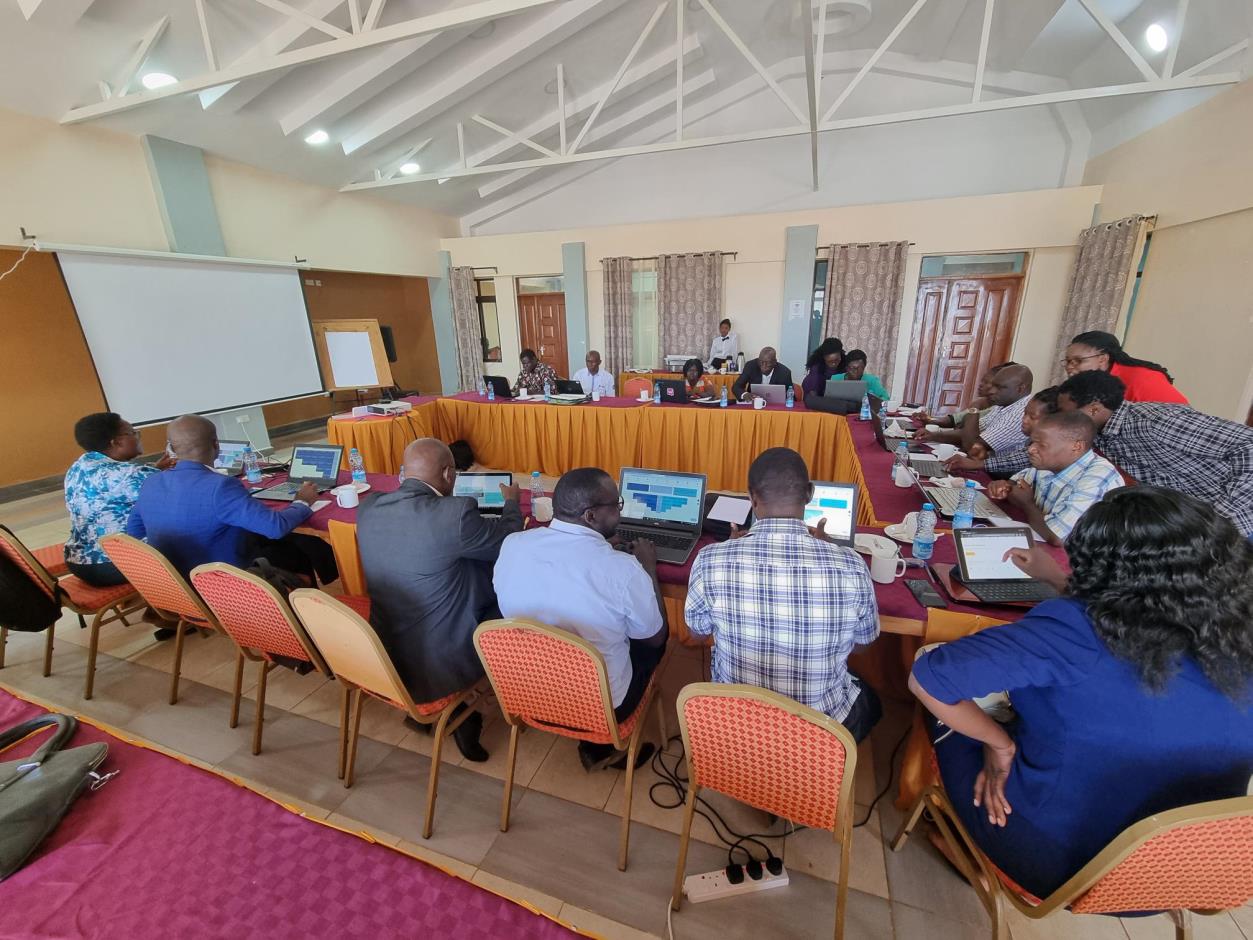

Realising climate-smart landscapes
October 24, 2023

The Crawford Fund’s highly sought after Student Awards are one way we support and encourage the next generation of Australians into study, careers and volunteering in international agricultural research.
The awards are funded by our State and Territory Committees and made possible by organisations including ACIAR, international centres, Australian and overseas universities and NGOs who host our awardees. The next round of awards will open in November!
In 2022, we announced 14 tertiary students had won awards to gain international agricultural research experience and expertise. With the resumption of global travel, many of these NextGen Student Awardees have travelled overseas to undertake projects, with quite a few involved in our Instagram campaign, reporting when they are on the ground.
Edith Kichamu from Griffith University travelled to Kenya for her project to better understand stakeholder perspectives of the drivers and barriers to the adoption of effective climate-smart practices. She shares her experience below.
“My study employed the Q-method to explore factors influencing the adoption of climate-smart agricultural practices (CSA) in Kakamega County, Kenya. The study aimed to expand understanding beyond the farmers’ perspectives to include viewpoints of industry experts, offering a more comprehensive view of the elements driving CSA adoption,” said Edith.
The Q-method has been advanced as a methodology that can provide a detailed understanding of individuals’ perspectives on complex issues by categorising the viewpoints into mental models, values, or belief systems, explained Edith. It demonstrates the fundamental trends between individuals’ beliefs or perspectives.
“Stakeholder collaboration, community engagement, and robust social capital emerged as the primary drivers for CSA implementation. This reiterates the importance of collective action, local knowledge, and contextually tailored strategies for climate change adaptation and mitigation in agriculture,” she said.
“Conversely, several barriers were identified, including inadequate institutional support and limited financial resources. This points to an urgent need for reinforced institutional frameworks advocating for CSA alongside the development of sufficient financial mechanisms to support its execution,” she said.
Recognising the complexities of CSA implementation, Edith’s study urges a holistic approach incorporating diverse perspectives in planning and decision-making processes.
“The findings from the study contribute significantly to the understanding of CSA and provide insights that can inform the design of interventions, policies, and support services for its broader implementation. The research advances academic knowledge and promotes innovative solutions that benefit land users and contribute to more effective climate adaptation strategies,” said Edith.
The research also offers valuable lessons for drier regions like Queensland, according to Edith. By understanding potential challenges and strategic insights, the study can inform policymakers and guide the formulation of relevant and effective adaptation strategies. The study’s research methodology also presents an opportunity for replication with stakeholders locally, ensuring region-specific outcomes.
“This research project delivered multi-faceted benefits, providing insightful data for decision-makers, offering a robust methodology that could be replicated, and building invaluable communication capabilities. It underscores the importance of collaborative efforts and integrated approaches in successfully implementing CSA, thus informing climate change mitigation and promoting sustainable agriculture globally,” she concluded.
The results from Edith’s study are on track to be submitted for publication in the Global Environmental Change Journal. She hopes the research will give visibility to the importance of international agricultural research that ultimately impacts climate change mitigation and food security.




